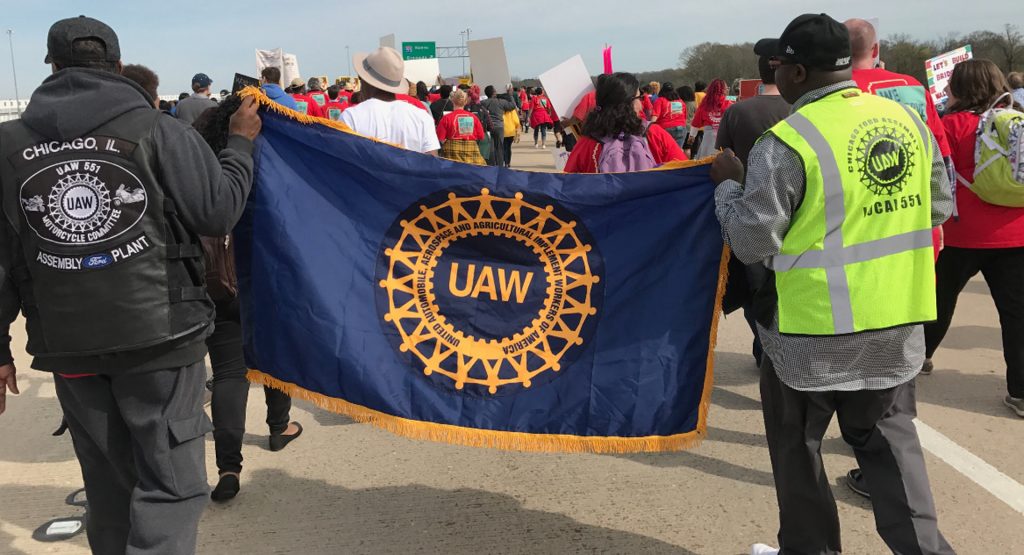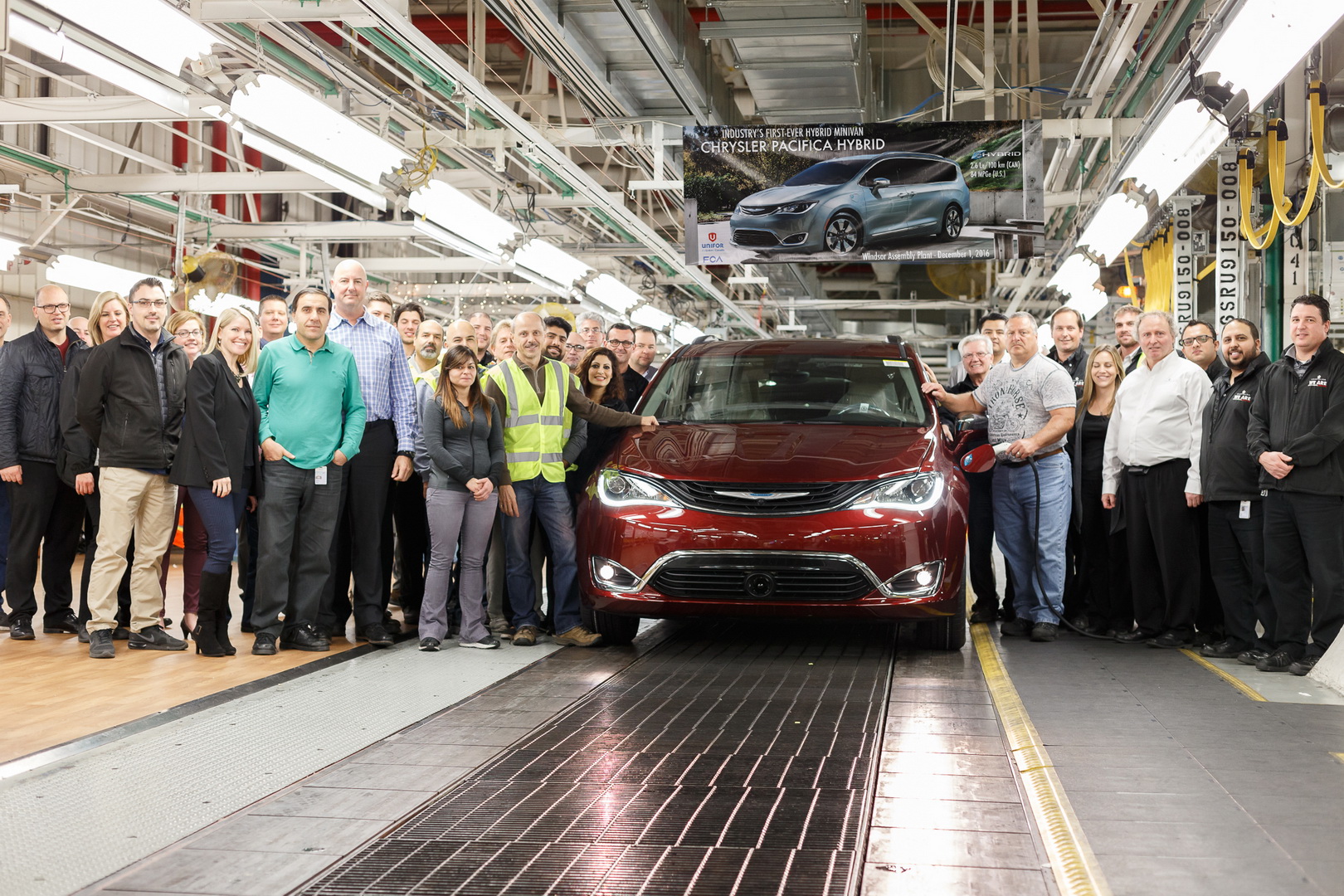The head of the United Auto Workers (UAW) union has expressed concerns about re-opening car factories and Michigan’s economy in early May.
Citing insufficient scientific data, UAW president Rory Gamble said the union is not comfortable sending its members back to work. This comes despite plans from the likes of Ford, General Motors, and Fiat Chrysler Automobiles to start bringing UAW workers back to vehicle manufacturing jobs on May 4, Reuters reports.
“At this point in time, the UAW does not believe the scientific data is conclusive that it is safe to have our members back in the workplace. We have not done enough testing to really understand the threat our members face,” Gamble said. “We strongly suggest to our companies in all sectors that an early May date is too soon and too risky to our members, their families and their communities.”
On Thursday, GM started notifying front line managers to come back to work next week to get trained on new safety protocols designed to prevent the spread of the coronavirus.
“What we are doing is making sure the people who are going to lead in our plant facilities, and lead period, understand the protocols well enough,” GM’s global head of manufacturing Gerald Johnson said.
Elsewhere, Toyota has said it expects to gradually resume North American production starting May 4 and will employ new safety procedures. It will add temperature checks for all plant employees, provide personal protective gear, use touchless entrances and exits and bar non-emergency use of elevators.
Read Also: Ford Testing Buzzing Wristbands On Small Group Of U.S. Workers
A person familiar with Ford’s production plans says it too is considering asking some workers to return next week. FCA has also said it is targeting a date of May 4 to resume production.
UAW local 668 president Tony Mann of Saginaw reiterated Gamble’s view that it could prove too soon to return to work to WNEM.
“I mean he [Rory Gamble] wants to make sure that General Motors, Ford and Chrysler have the proper PPE or protective equipment and that the protocols are in place that will keep the employees and members safe,” he said. “The big concern is I want to make sure that when I come home, I’m not bringing something with me that possibly my family could contract.”





